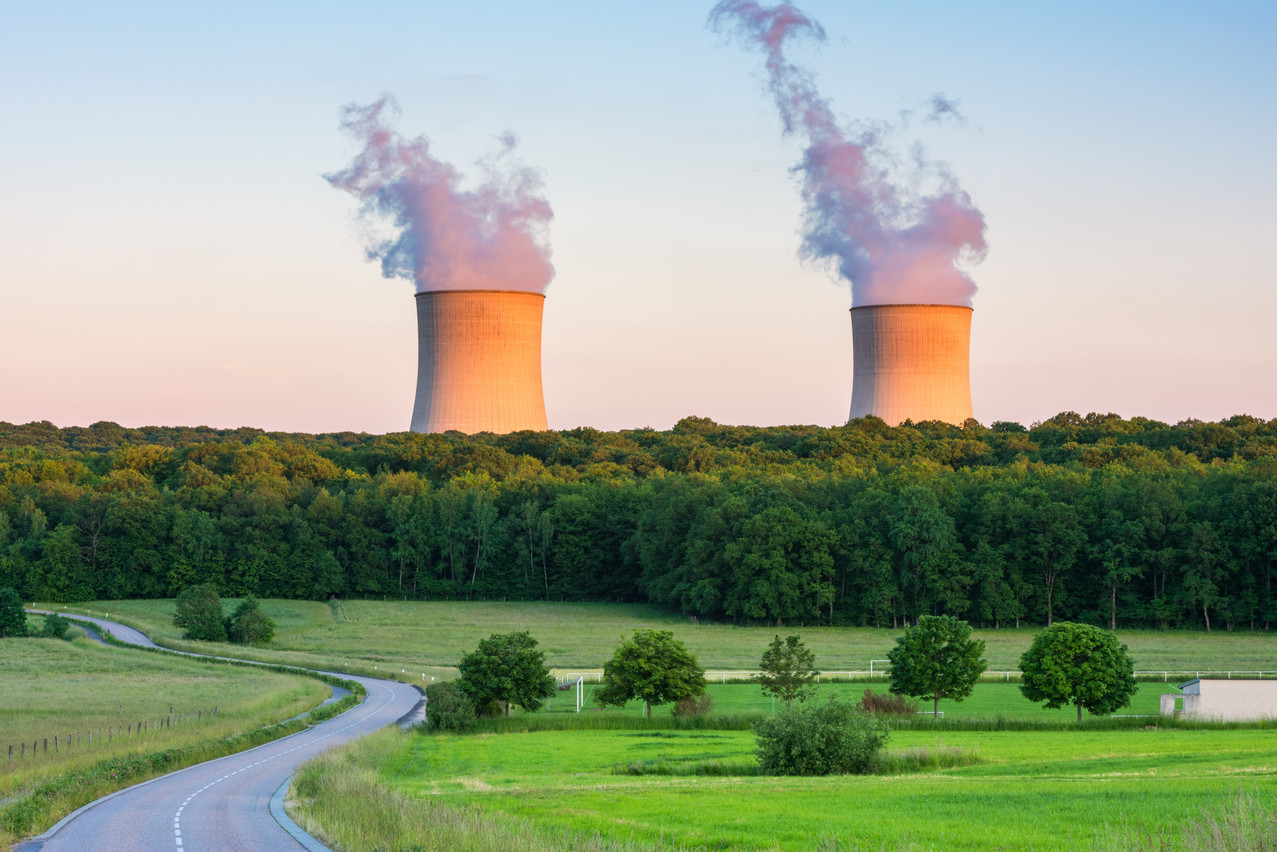Discussions around including nuclear energy in the EU taxonomy as a sustainable, clean energy has once again caused divisions between leaders of several EU countries. While some like Austria, Luxembourg and Ireland consider that unthinkable--considering the issue of nuclear waste stocking, for instance--, other states like France, which rely heavily on the energy source, consider that its low carbon footprint would justify its inclusion. In fact, French president Macron plans on building more nuclear plants to increase the country’s independence from foreign states.
The EU taxonomy is a classification system that in theory should help define what economic activities are sustainable so that companies, investors and policy makers are on the same page regarding which economic activities to support. The system should also help avoiding greenwashing from all actors involved and help the implementation of the European green deal.
, the nuclear energy’s inclusion had caused debates, with environment minister Carole Dieschbourg (déi Gréng) calling the inclusion a “labelling fraud”.
In the end, each country will be able to choose its own path when it comes to energy. However, those against the green-labelling of nuclear energy remain a minority, prime minister Xavier Bettel (DP) deplored, stating in an interview with RTL that he would still be vehemently against the motion if it was voted in.
He also deplored the lack of results, saying that the current energy prices are a worry for many citizens.
Though the lack of a decision during the long debates constitutes a small victory for nuclear-opposing parties, it does not guarantee the exclusion of the energy source in the EU taxonomy on sustainable climate change mitigation.
